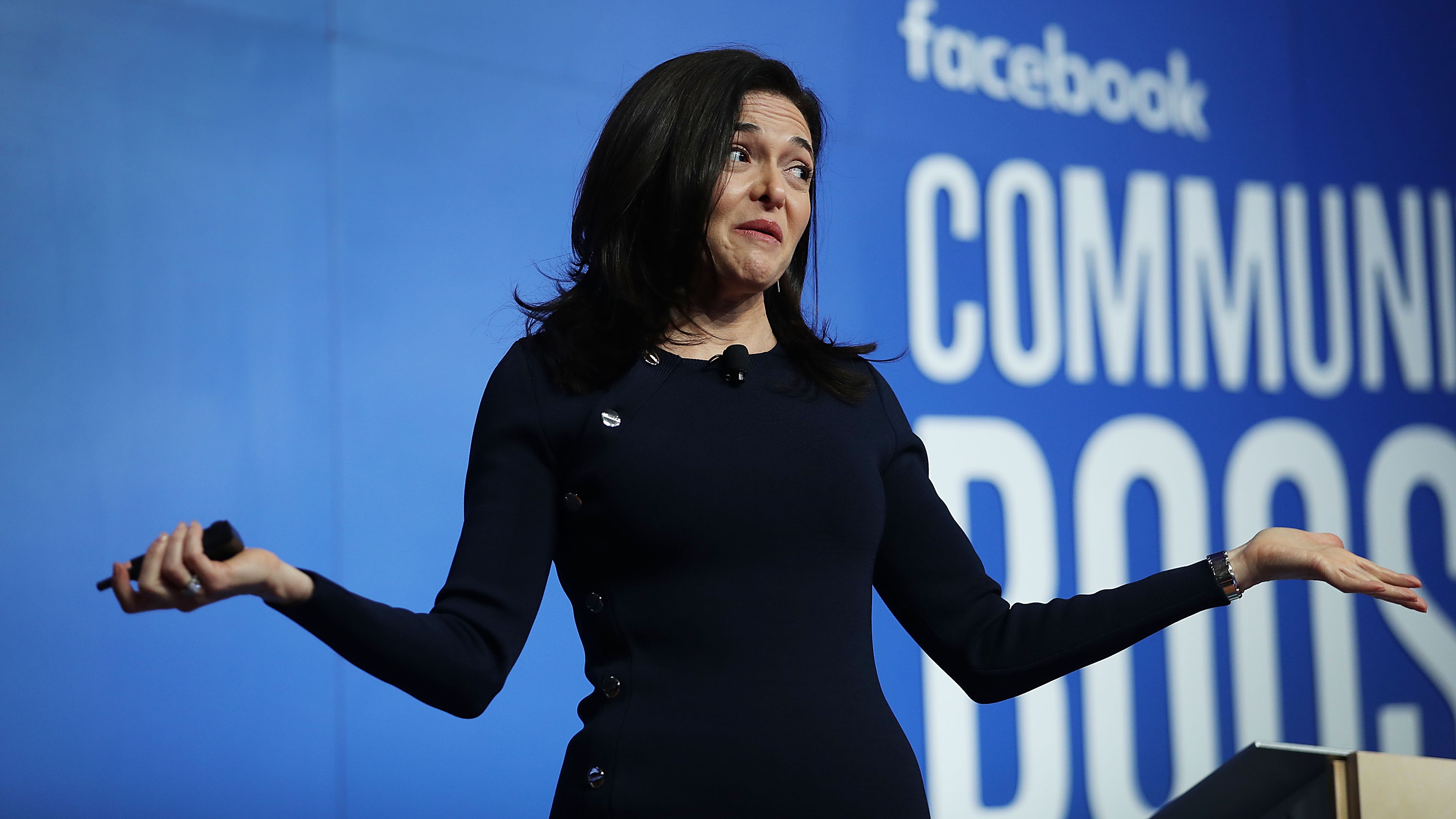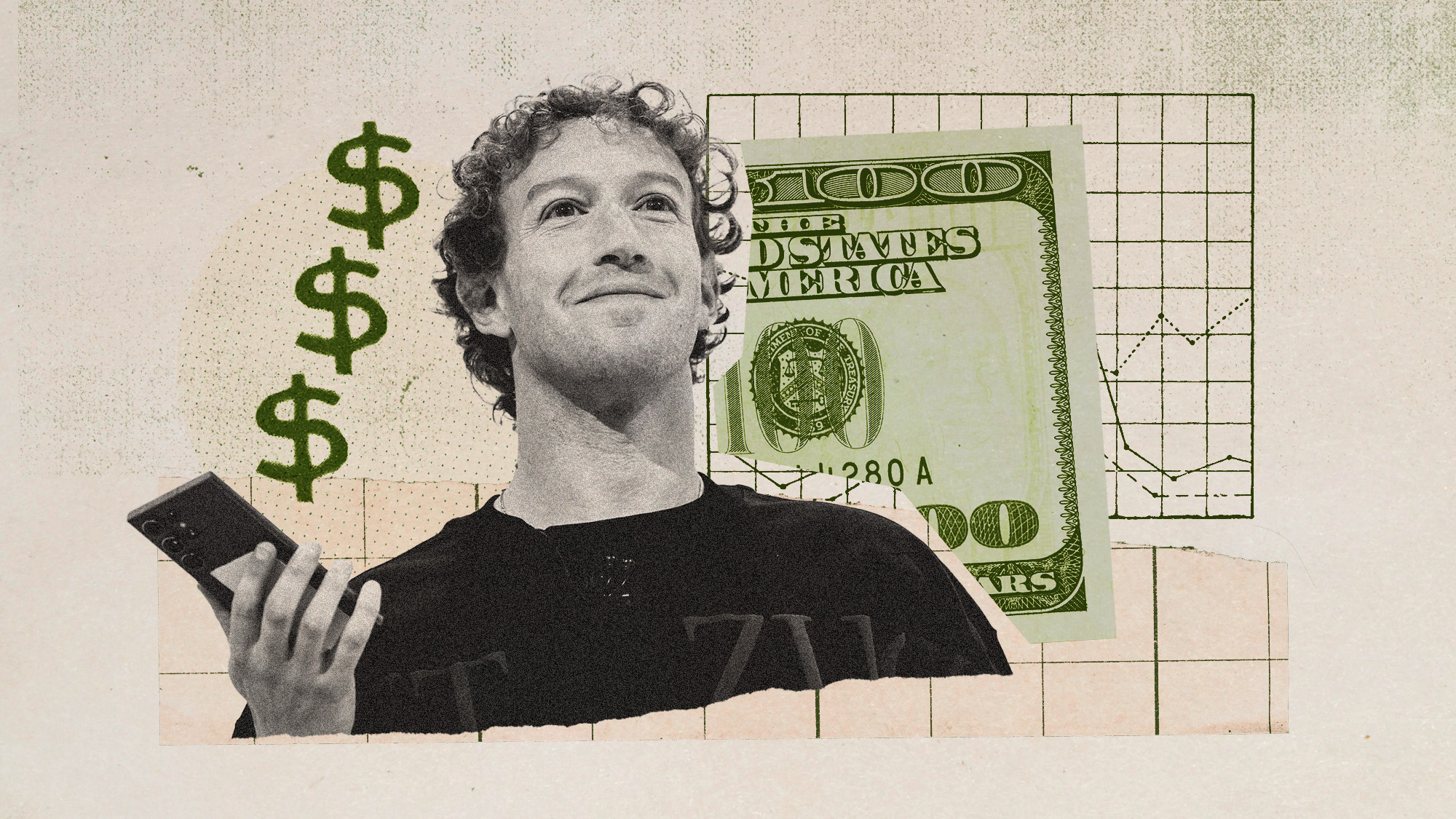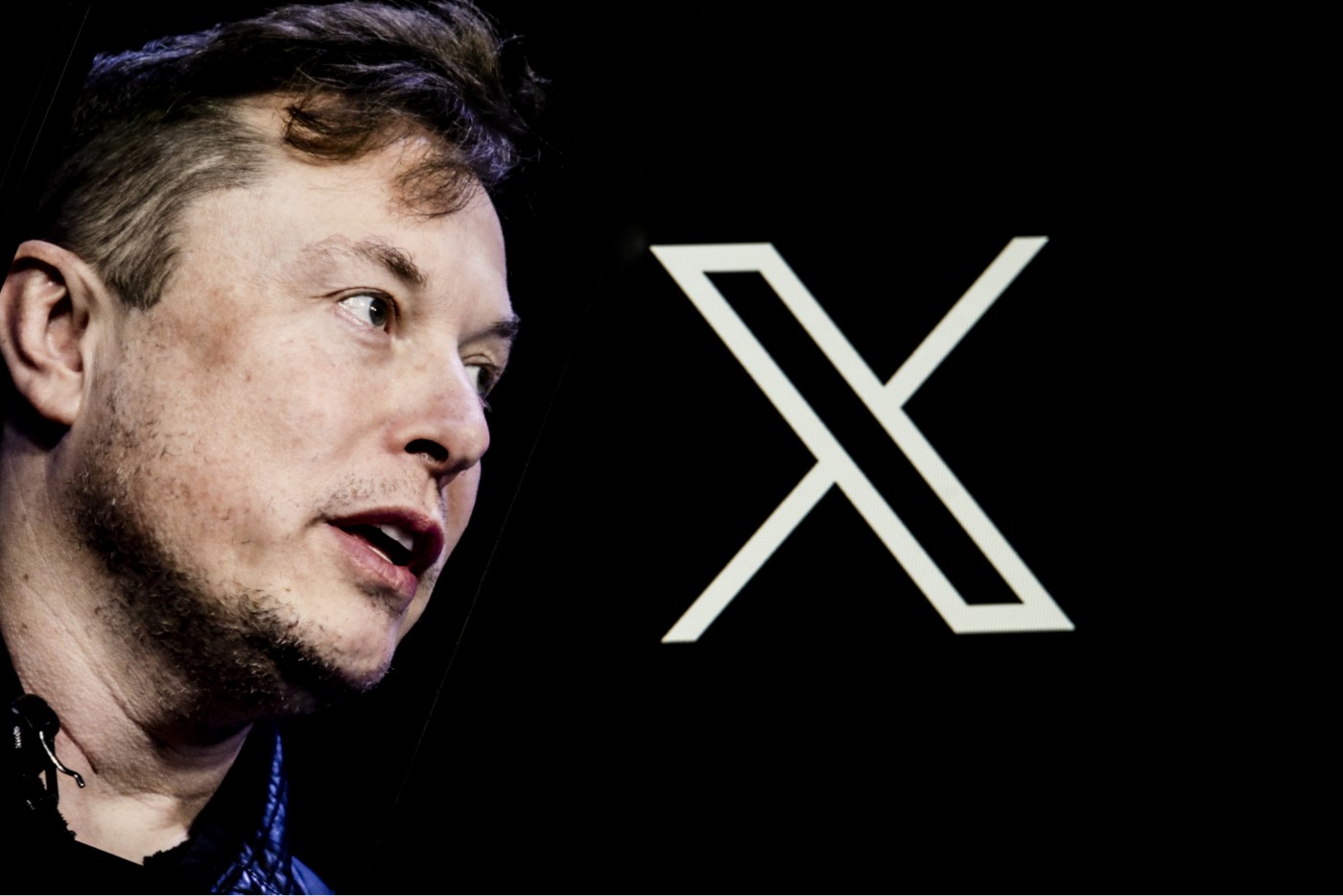How to get a job at Facebook
The social media giant is looking to hire 1,000 additional staff in London

A free daily email with the biggest news stories of the day – and the best features from TheWeek.com
You are now subscribed
Your newsletter sign-up was successful
Facebook has announced plans to create 1,000 new jobs in London over the course of 2020, expanding the tech company’s UK workforce to more than 4,000.
The majority of the new jobs will be technology focused, with roles in software engineering, product design and data science. But new positions will also be created in the company’s team dedicated to tackling harmful online content.
Facebook has been under growing pressure to remove posts that promote self-harm and political extremism.
The Week
Escape your echo chamber. Get the facts behind the news, plus analysis from multiple perspectives.

Sign up for The Week's Free Newsletters
From our morning news briefing to a weekly Good News Newsletter, get the best of The Week delivered directly to your inbox.
From our morning news briefing to a weekly Good News Newsletter, get the best of The Week delivered directly to your inbox.
“Many of these high-skilled jobs will help us address the challenges of an open internet and develop artificial intelligence to find and remove harmful content more quickly,” Facebook’s chief operating officer Sheryl Sandberg said yesterday during a visit to the English capital.
What is it like to work at Facebook?
According to Facebook’s careers site, the social media giant strives to enable its employees to “live life to the fullest and bring their best selves to work, each and every day”.
But life in the team tackling harmful content is hard, often traumatic work. Employees hired to moderate reported content on the website are often faced with gruesome videos of murder, rape, suicide and the abuse of children and animals.
A free daily email with the biggest news stories of the day – and the best features from TheWeek.com
In December, former Facebook moderator Chris Gray filed a lawsuit against the company at the Irish High Court in Dublin. Gray alleged “that his work scouring the site of violent and obscene content caused his post-traumatic stress disorder”, as The Guardian reported at the time.
As a moderator, Gray had to review “approximately a thousand tickets per night”, looking at everything from pornography, to “content that had been reported as being threatening, hateful, bullying, or otherwise dangerous”, say court documents.
Gray is seeking damages from Facebook for work that saw him look at content that, according to his legal writ, included “a video in which a woman wearing an abaya is seen being stoned to death”, “a video in which persons, who appear to be migrants in Libya, are tortured with molten metal”, and “video footage of dogs being cooked alive”.
Speaking to The Guardian before the case was filed, Gray said: “You would wake up and you’re remembering the video of someone machine-gunning people in the Middle East somewhere, trying to think whether there was an Isis flag, and so whether it should be marked as terrorism-related or not.”
Leaked audio from a Facebook staff meeting in October featured Mark Zuckerberg describing reports about poor working conditions in the company’s moderation centres as “a little overdramatic”.
The firm decided to invest more in policing online content following the suicide of 14-year-old Molly Russell in 2017.
“The tragic death of Molly Russell made us really stop in our tracks as a company and acknowledge that there was an issue that we need to do more on,” Steve Hatch, the firm’s vice-president for northern Europe, told BBC Radio 4’s Today programme.
Of course, not all the new roles will involve moderating harmful content, and the company offers a host of enviable benefits for permanent employees.
Perks include free bike repair, gym membership, “baby cash” for new parents, free meals and snacks, on-site health and dental in the US, dry cleaning and even a valet car-parking service.
Any tips on landing one of the new jobs?
“The type of people we attract are really focused on solving big problems,” Janelle Gale, Facebook’s vice president of human resources, told US business news site CNBC.
Gale says the company is looking for skills over experience, and that candidates whose CVs aren’t a perfect fit for the job descriptions may still be in with a shot.
She advises potential employees to identify and be clear about their strengths and weaknesses.
“The most important thing is getting really clear on who you are and what you bring to the table, because we’re going to ask a lot about you as a person,” she says. “We want to place you in a job where you are really enjoying the work, versus just getting you into a job here that you may be good at but don’t enjoy.”
Facebook applicants are always asked to tell their interviewers what they were doing on their very best day at work, in order to get a sense of what they like doing most.
They should also be ready to demonstrate their ability to solve problems - or as Facebook puts it, to show they are a “builder”.
Most importantly, says Gale, be yourself. “I showed up exactly who I am. I was myself and that actually really matters here,” she told CNBC.
-
 6 exquisite homes with vast acreage
6 exquisite homes with vast acreageFeature Featuring an off-the-grid contemporary home in New Mexico and lakefront farmhouse in Massachusetts
-
 Film reviews: ‘Wuthering Heights,’ ‘Good Luck, Have Fun, Don’t Die,’ and ‘Sirat’
Film reviews: ‘Wuthering Heights,’ ‘Good Luck, Have Fun, Don’t Die,’ and ‘Sirat’Feature An inconvenient love torments a would-be couple, a gonzo time traveler seeks to save humanity from AI, and a father’s desperate search goes deeply sideways
-
 Political cartoons for February 16
Political cartoons for February 16Cartoons Monday’s political cartoons include President's Day, a valentine from the Epstein files, and more
-
 Is social media over?
Is social media over?Today’s Big Question We may look back on 2025 as the moment social media jumped the shark
-
 Social media: How 'content' replaced friendship
Social media: How 'content' replaced friendshipFeature Facebook has shifted from connecting with friends to competing with entertainment companies
-
 Meta on trial: What will become of Mark Zuckerberg's social media empire?
Meta on trial: What will become of Mark Zuckerberg's social media empire?Today's Big Question Despite the CEO's attempt to ingratiate himself with Trump, Meta is on trial, accused by the U.S. government of breaking antitrust law
-
 What does an ex-executive's new memoir reveal about Meta's free speech pivot?
What does an ex-executive's new memoir reveal about Meta's free speech pivot?Today's Big Question 'Careless People' says Facebook was ready to do China censorship
-
 What's Mark Zuckerberg's net worth?
What's Mark Zuckerberg's net worth?In Depth The Meta magnate's products are a part of billions of lives
-
 Is the AI bubble deflating?
Is the AI bubble deflating?Today's Big Question Growing skepticism and high costs prompt reconsideration
-
 How social media is limiting political content
How social media is limiting political contentThe Explainer Critics say Meta's 'extraordinary move' to have less politics in users' feeds could be 'actively muzzling civic action'
-
 Twitter's year of Elon Musk: what happens next?
Twitter's year of Elon Musk: what happens next?In the Spotlight 'Your platform is dying', says one commentator, but new CEO is aiming for profitability next year